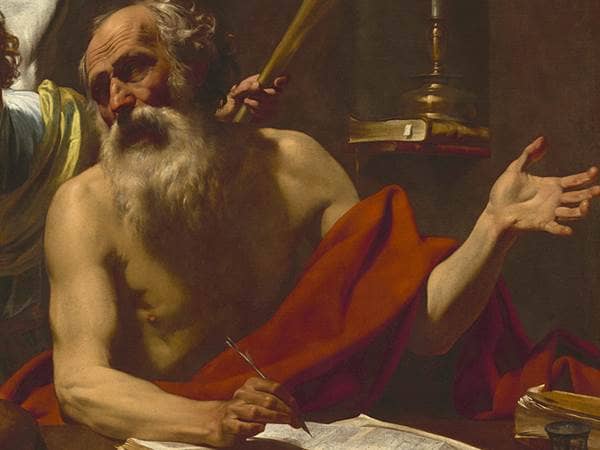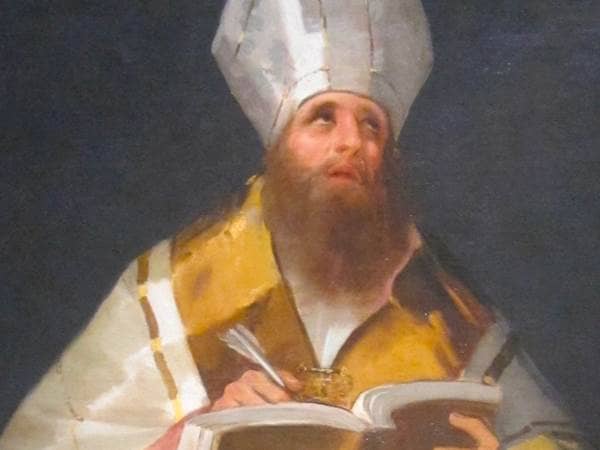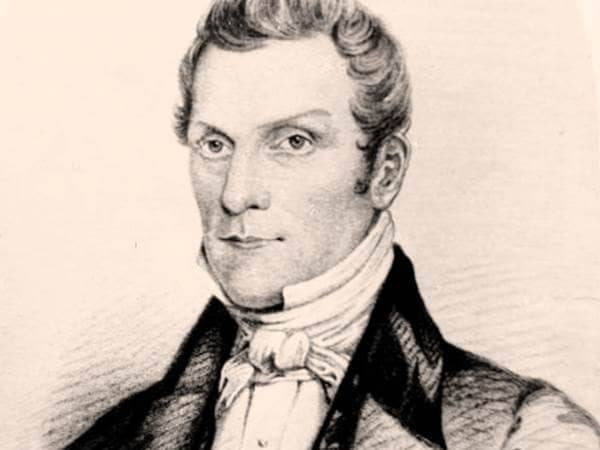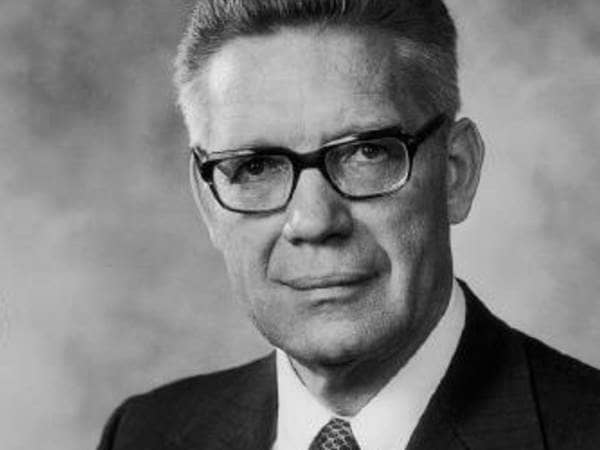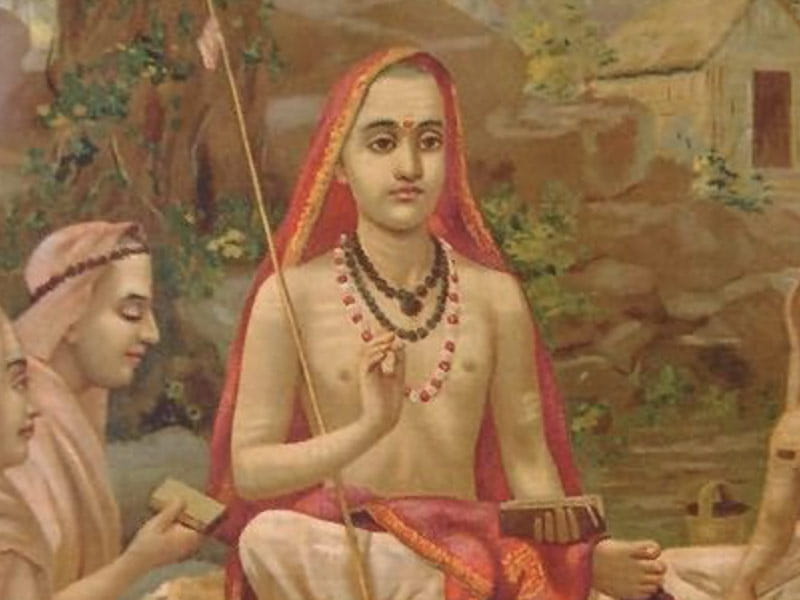
- Lived: 6th - 9th century CE (Early Medieval Era)
- Nationality: Indian
- Known for: Founder of modern Hinduism
The earliest texts that form the foundation of Hinduism date from the mid-2nd millenium BCE to the mid-1st millenium BCE in the Indus Valley ("Hinduism" comes from the word Indus and was not used for the religion until the 14th century.) Adi Shankara's Advaita Vedanta school of philosophy, though, is the point at which it all came together as modern Hinduism, and that dates only from the late 8th century CE. Shankara is credited with authoring some of the most important commentaries on key sacred texts, particularly the Upanishads—commentaries that later became the basis for many of the devotional (bhakti) and meditational (yoga) principles and practices of later Hinduism.
The core of his teachings is that there is no essential difference between the divine principle of the cosmos (Brahman) and the material and human realm. Shankara argued that what we think of as "the world" is merely an illusion, and that through knowledge (jnana) we are able to cut through this illusion and realize union with Brahman (called moksha).
The details of Adi Shankara's earliy life are lost. But it's known he travelled extensively throughout India debating and promoting his interpretation of the ancient philosophical texts with adherents tofo varous schools of Indian philosophy and with Buddhists. He wrote heavily and his texts provide the foundation of Hindu philosophy. And his activity revived interest in the Vedas, the oldest core texts of Hinduism. ( Portions of this are sourced: Patheos Religion Library)
The core of his teachings is that there is no essential difference between the divine principle of the cosmos (Brahman) and the material and human realm. Shankara argued that what we think of as "the world" is merely an illusion, and that through knowledge (jnana) we are able to cut through this illusion and realize union with Brahman (called moksha).
The details of Adi Shankara's earliy life are lost. But it's known he travelled extensively throughout India debating and promoting his interpretation of the ancient philosophical texts with adherents tofo varous schools of Indian philosophy and with Buddhists. He wrote heavily and his texts provide the foundation of Hindu philosophy. And his activity revived interest in the Vedas, the oldest core texts of Hinduism. ( Portions of this are sourced: Patheos Religion Library)
Back to Search Results
